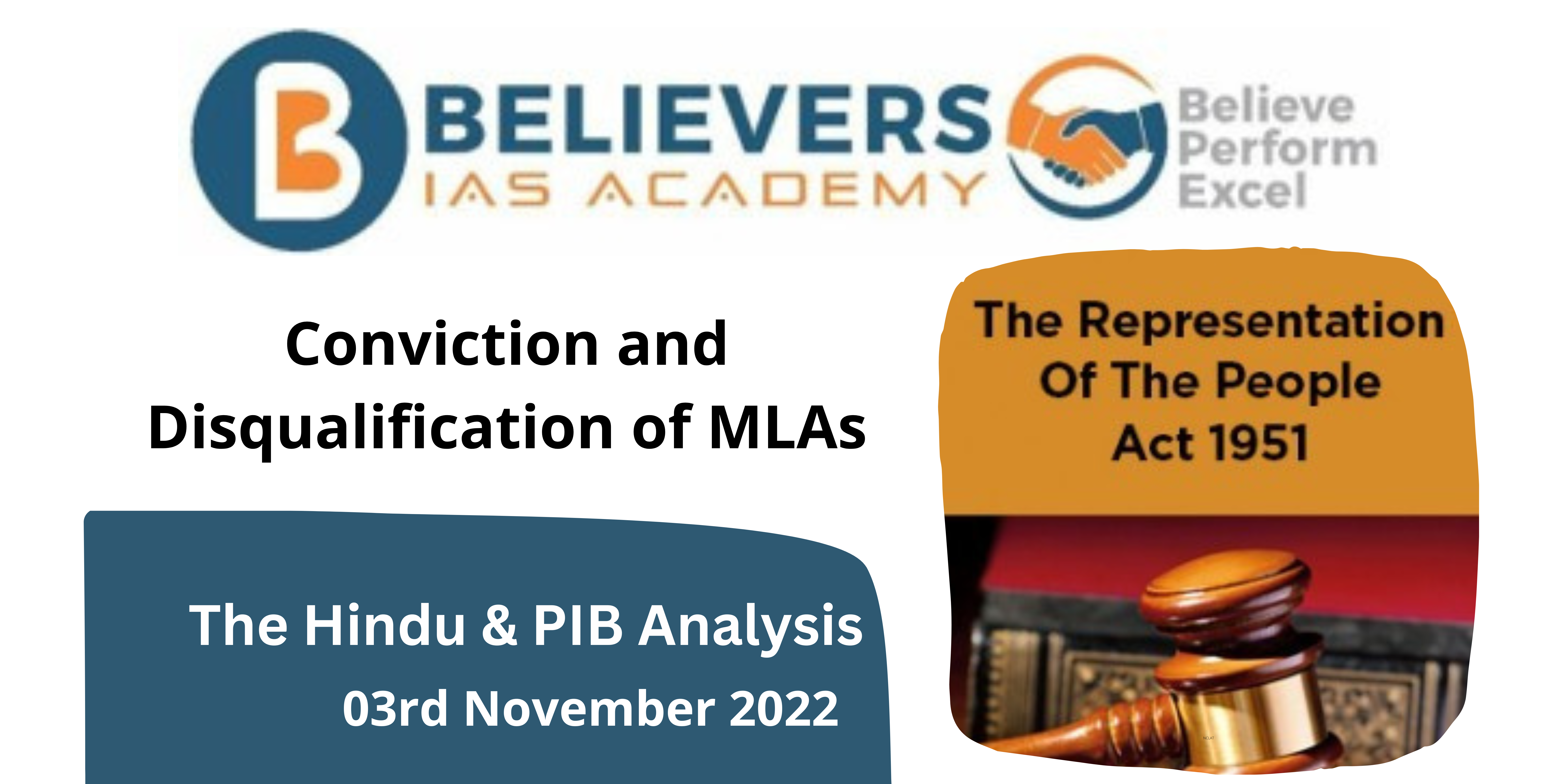The Public Examinations (Prevention of Unfair Means) Bill, 2024
Context:
The Public Examinations (Prevention of Unfair Means) Bill, 2024 introduced in the Lok Sabha.
Relevance:
GS-02 (Government policies and interventions)
Main highlights:
- The government introduced the bill aimed to curb leaks, malpractices as well as organized malpractices in recruitment examinations like UPSC, SSC, etc. and entrance tests such as NEET, JEE, and CUET.
- The bill will also cover entrance examinations held by the Union Public Service Commission, the Staff Selection Commission, the Railways, banking recruitment examinations and all computer-based examinations conducted by the National Testing Agency.
- The Bill proposes a punishment of a minimum of three to five years of imprisonment to curb cheating and those involved in organized crimes of cheating will face 5 to 10 years of imprisonment and a minimum fine of Rs 1 crore.
- The Bill is aimed at preventing organized gangs and institutions that are involved in unfair means for monetary gains, but it protects candidates from its provisions.
- The bill gains significance in the backdrop of leaks of question papers and organized cheating that had affected the interests of lakhs of students due to the cancellation of tests and examinations.
- At present, there is no specific substantive law at the national level to deal with unfair means adopted or offences committed by persons, organized groups, or any other agency/organization that adversely impacts the conduct of Public Examinations by the Central Government and its agencies.
- Candidates shall not be liable for action within the purview of the Bill and shall continue to be covered under the extant administrative provisions of the concerned public examination authority.
- The government has also decided to set up a High-level National Technical Committee on Public Examinations which shall look into developing protocols for insulating digital platforms, devising ways and means for developing foolproof IT security systems, and ensuring comprehensive electronic surveillance of the examination centres.




